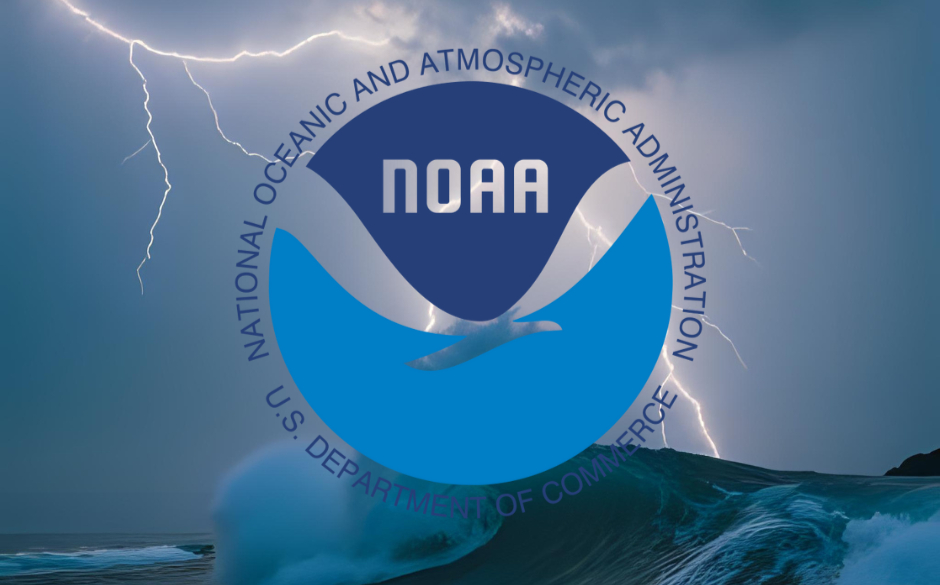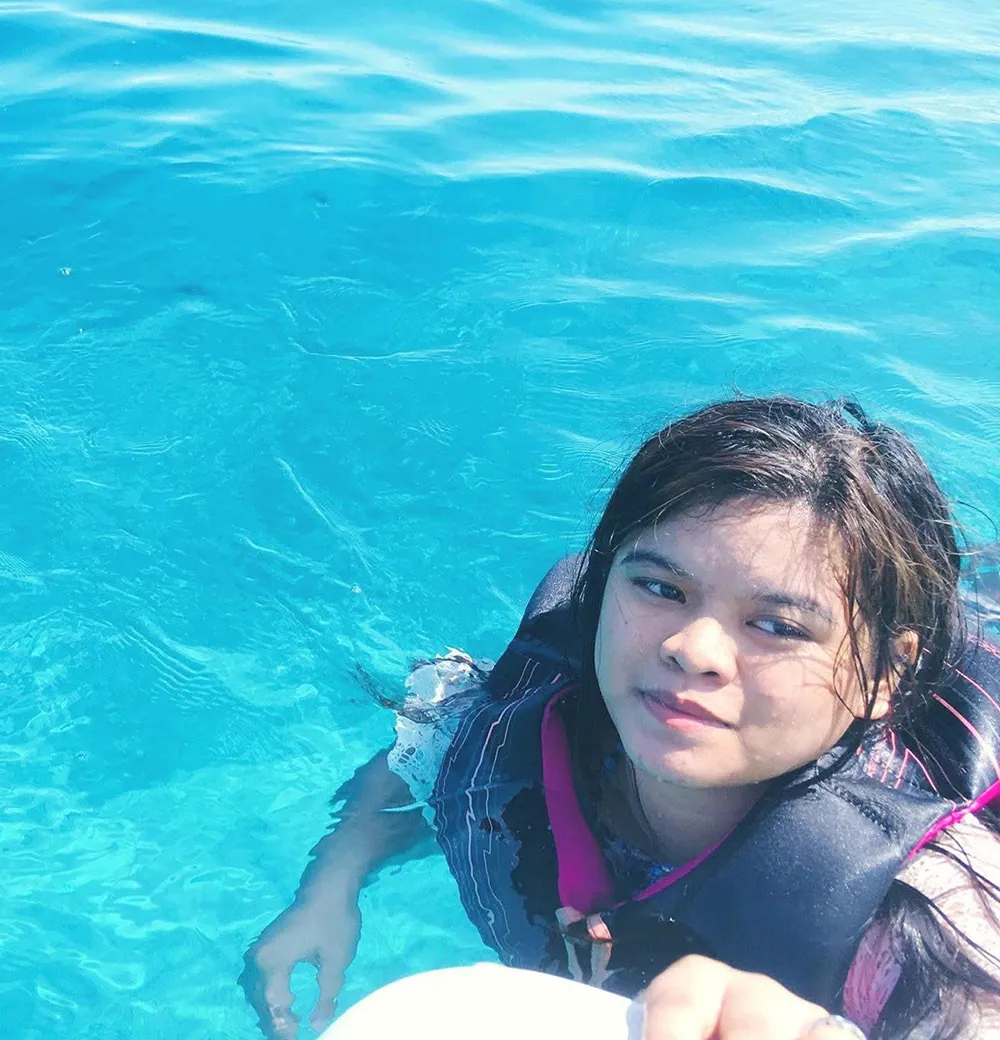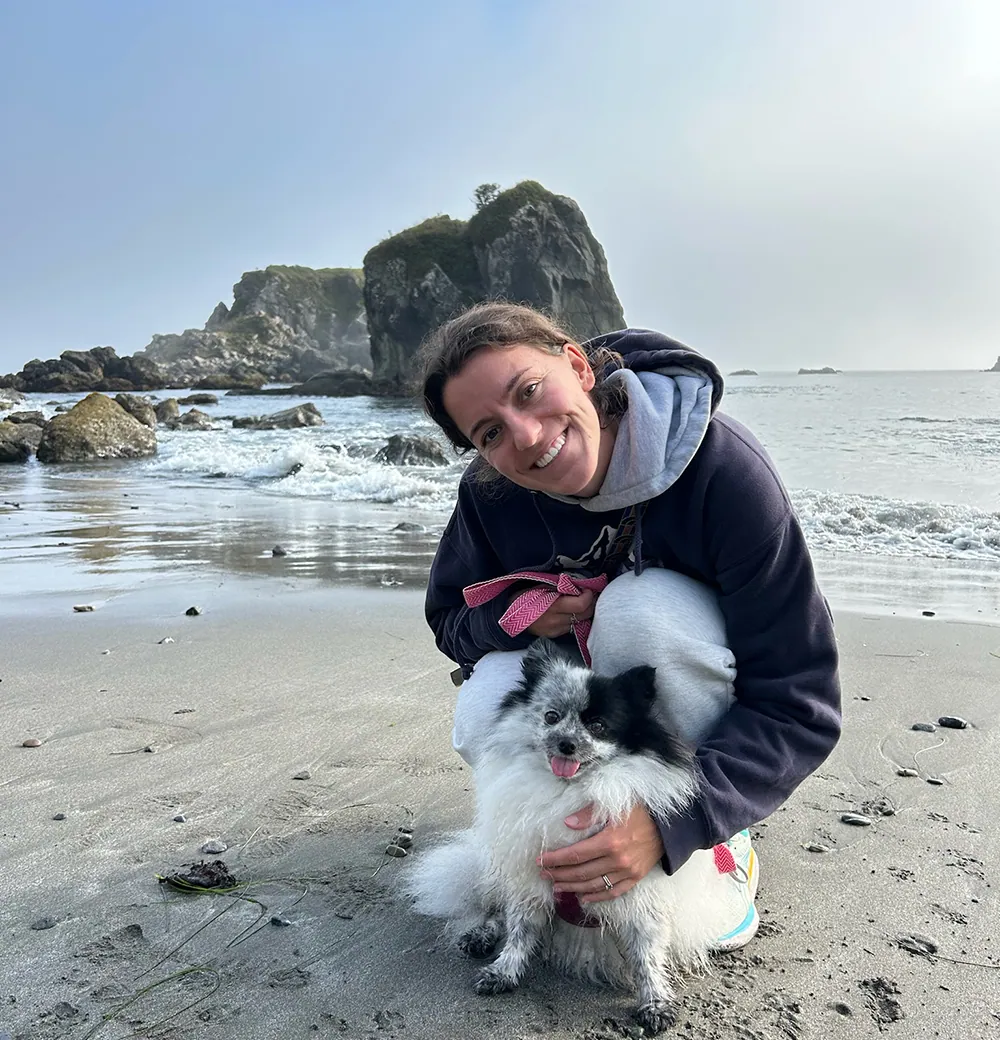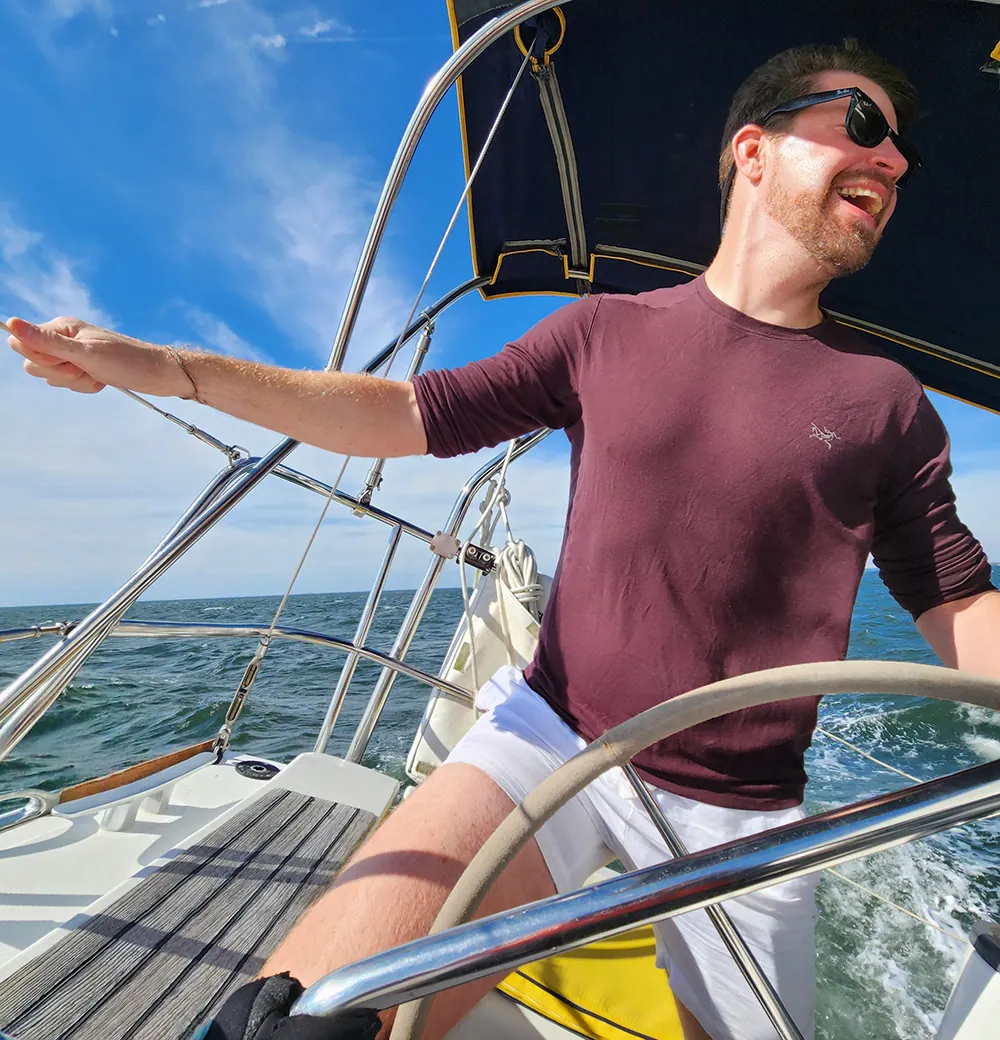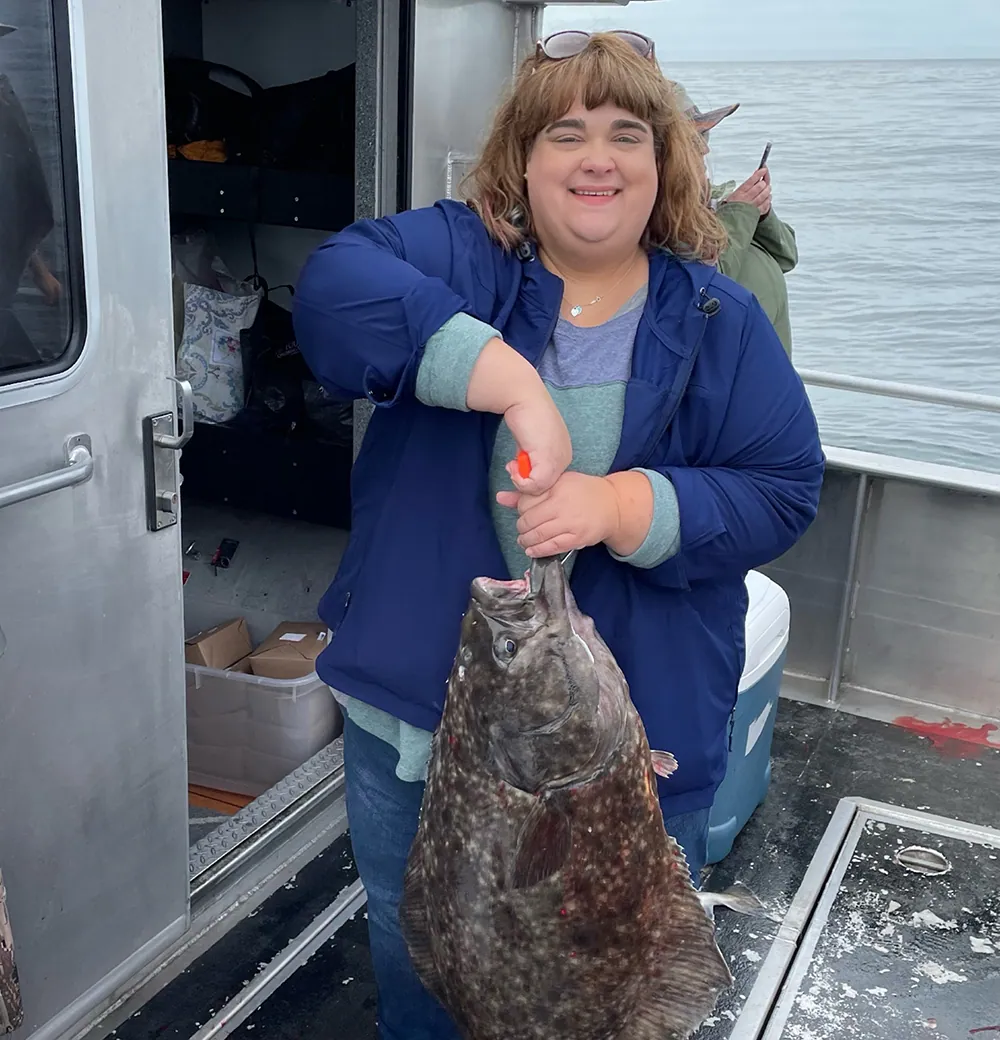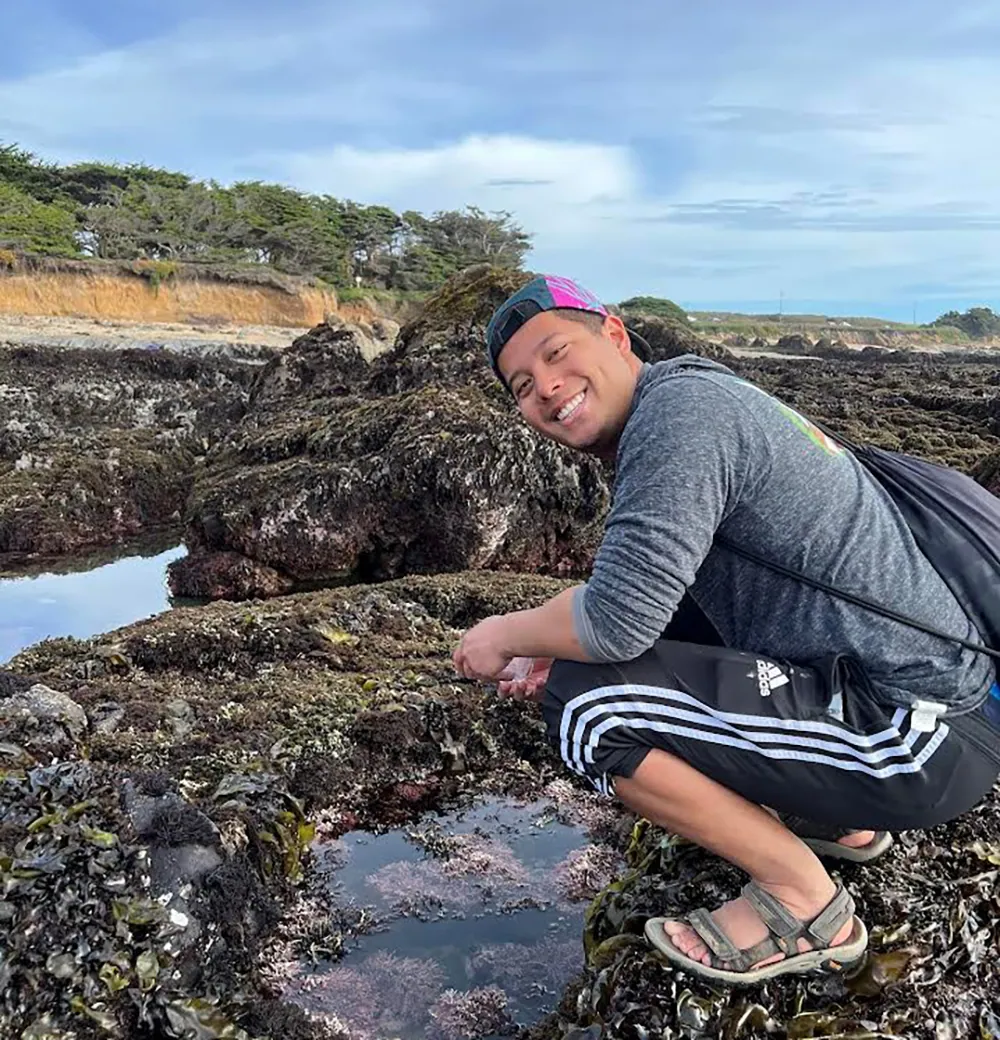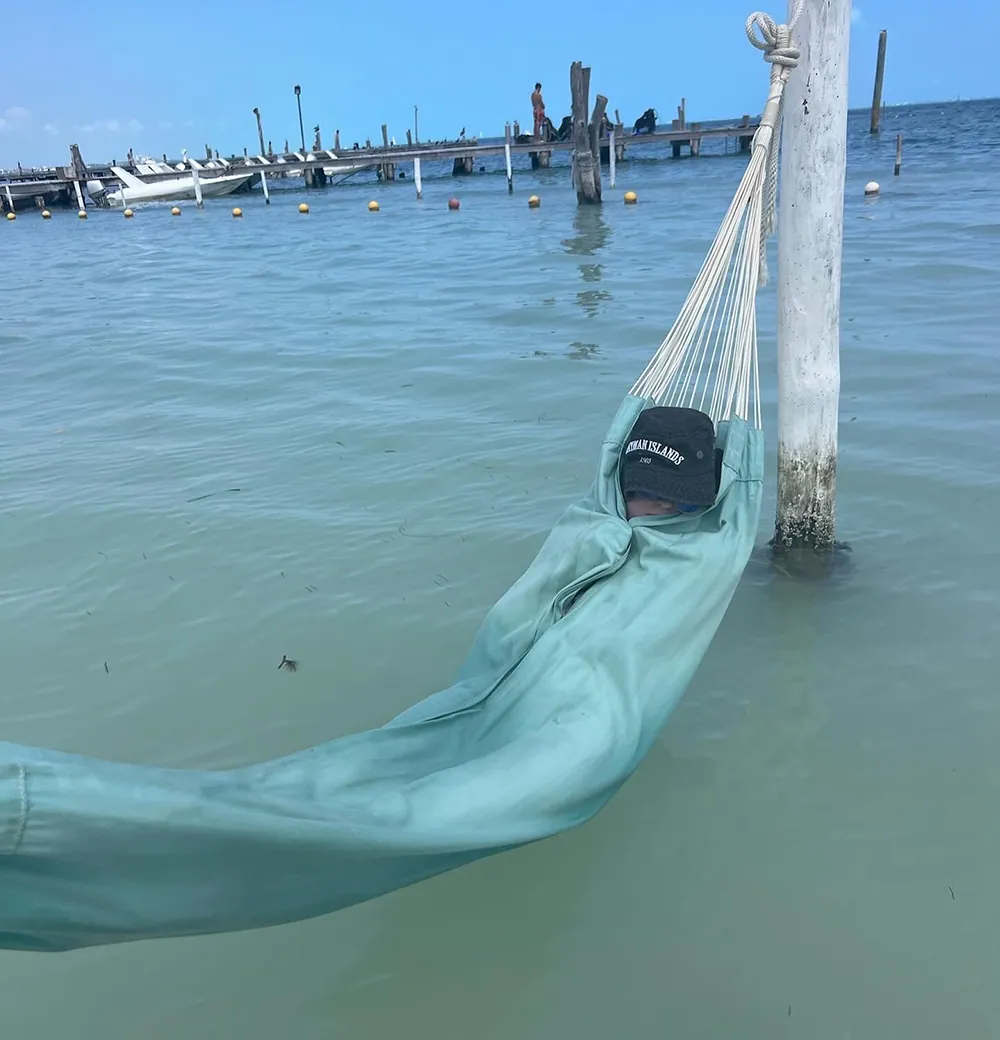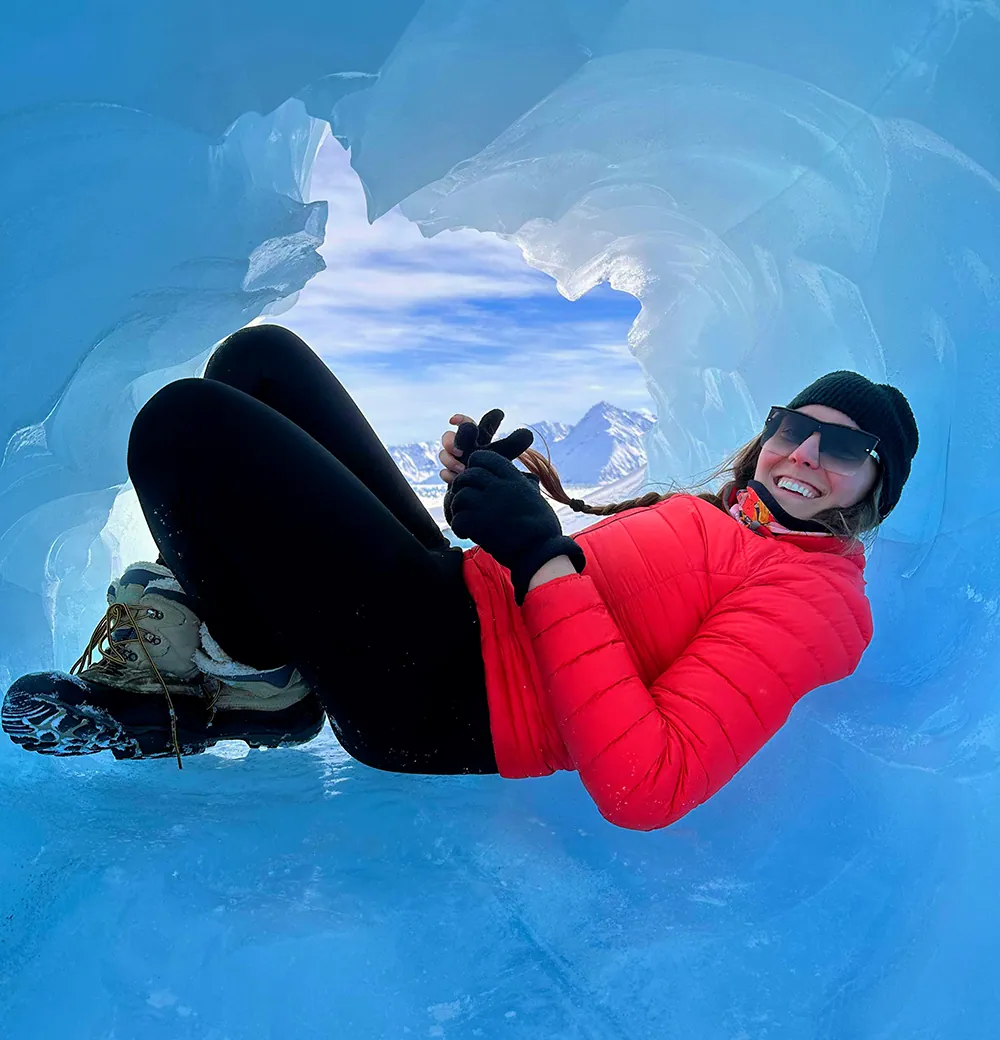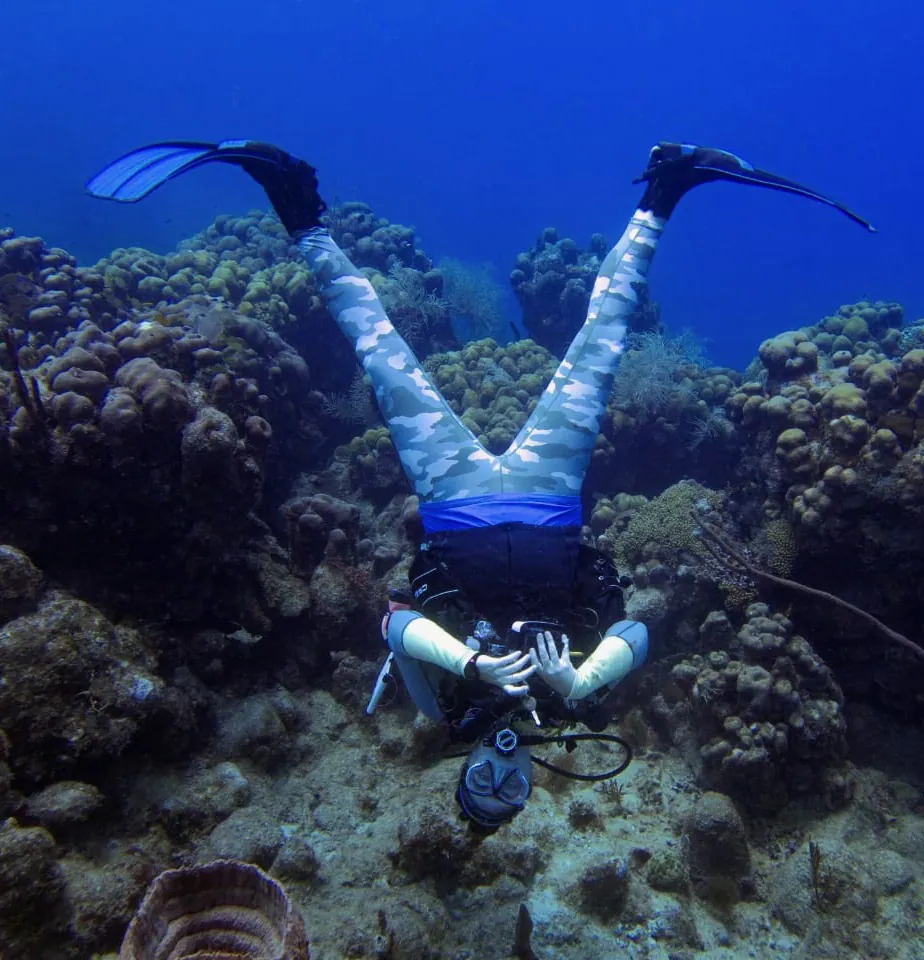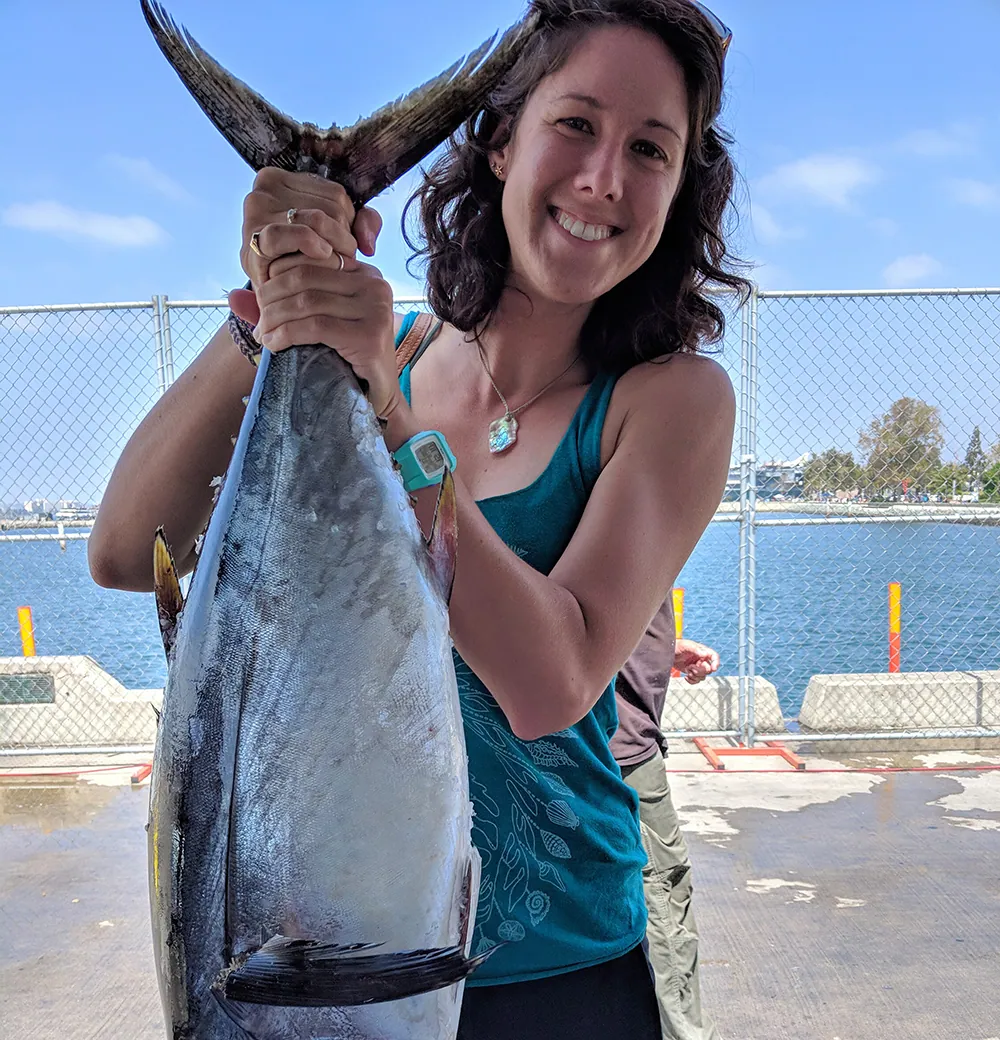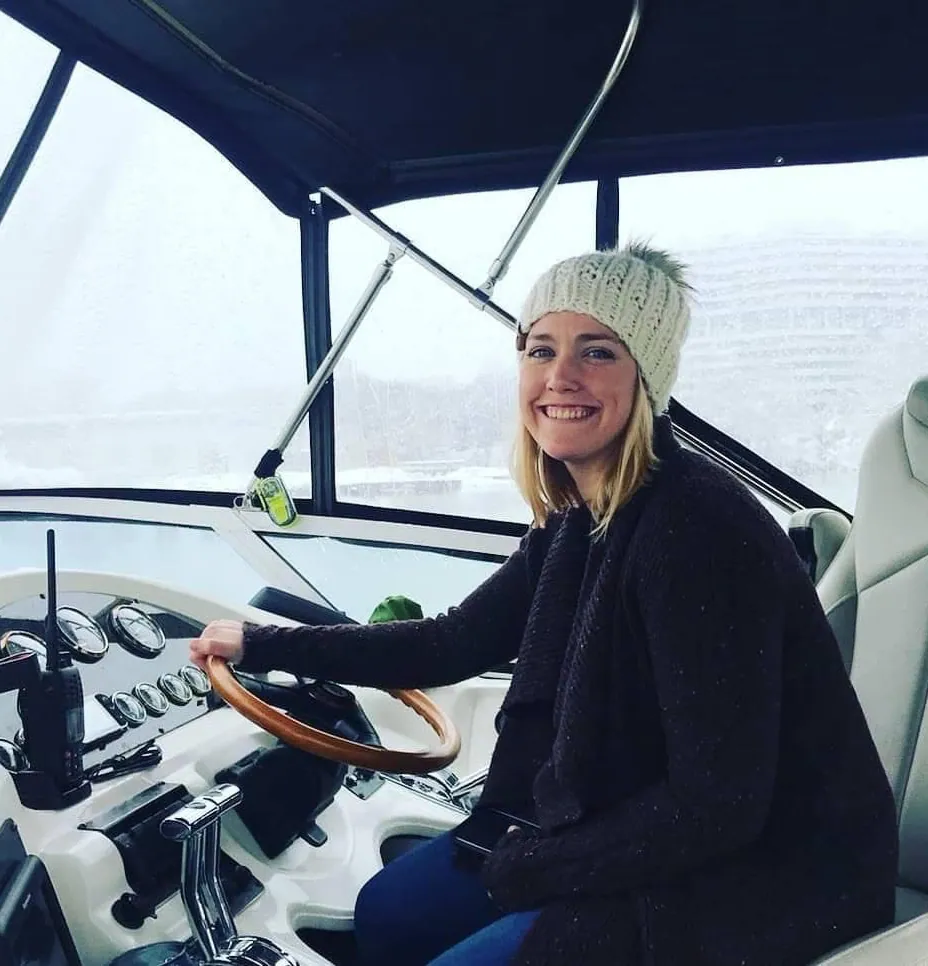The Trump Administration’s FY26 budget request proposes sweeping changes to the National Oceanic and Atmospheric Administration (NOAA), marking a clear shift in both structure and strategy. With a proposed 28% overall funding cut—and entire programs and offices on the chopping block—the request would transform NOAA into a leaner, more centralized agency focused on core service delivery. But it also risks sidelining some of NOAA’s most trusted partnerships and long-standing contributions to science, conservation, and coastal resilience.
A Turn Toward Core Operations
The request aims to refocus NOAA on its primary mission: collecting and delivering weather, ocean, and satellite data. The agency’s executive summary outlines a pivot toward modernization—investing in radar upgrades, cloud-based forecasting systems, and AI-enabled predictions—while eliminating programs it views as “outside the federal role.”
This reorientation comes with a major structural shift: the proposed elimination of the Oceanic and Atmospheric Research (OAR) line office. Its research functions would either be eliminated or folded into operational offices like the National Weather Service (NWS) and National Ocean Service (NOS), with a goal of streamlining operations and mission alignment.
What’s Out: Programs on the Chopping Block
The budget proposal terminates a long list of programs that have been central to NOAA’s work with universities, state and local governments, and nonprofit partners.
Among the most notable:
- The Sea Grant College Program ($80M)
- Climate Labs and Cooperative Institutes ($102M)
- National Centers for Coastal Ocean Science ($49M)
- IOOS Regional Observations ($42.5M)
- Coastal Zone Management Grants ($81.5M)
- Pacific Coastal Salmon Recovery Fund ($65M)
Combined, these cuts signal a retreat from external partnerships and place greater emphasis on centralized, in-house delivery of data and services.
What’s In: Forecast Modernization and Satellites
Despite the broad reductions, the budget proposes targeted increases in modernization:
- $54.7M for science and tech integration at NWS, including next-generation radar
- $100M for NESDIS Geostationary Extended Observations
- $46.5M for the Near Earth Orbit Network
- $182k for Uncrewed Maritime Systems
- Continued support for cloud migration, AI, and commercial satellite data integration
This shift mirrors broader trends in federal science policy: faster, automated data delivery, more private-sector integration, and less reliance on federally funded external research networks.
Fewer Dollars, Fewer People
NOAA’s workforce would shrink by over 2,300 positions—dropping from 13,058 to 10,741—under the proposed restructuring. The largest reductions would come from program terminations and the OAR closure, though new technology investments may bring in a different mix of talent and skill sets.
Interagency Realignment
The budget also proposes transferring non-fishery responsibilities under the Endangered Species Act and Marine Mammal Protection Act to the U.S. Fish and Wildlife Service—another move aimed at streamlining missions across agencies, but one that may complicate coordination on coastal permitting.
What It Means
The FY26 request marks a philosophical shift: NOAA as a data and forecasting agency first, and a research and grantmaking agency second (or perhaps not at all). While that may lead to greater efficiency and focus, it also comes at a cost—potentially leaving behind partners and communities who have long relied on NOAA’s support for coastal resilience, critical research, and regional monitoring.
This proposal is just that—a proposal. Congress will ultimately decide what to fund, what to cut, and what to protect. Advocacy will shape those decisions. If your organization depends on NOAA funding, data, or collaboration, now is the time to get clear on the risks and opportunities ahead.
ESP Advisors works with clients to make sure they’re informed, prepared, and positioned to influence these outcomes. In addition to advocacy on their behalf, our clients receive detailed analysis on federal budgets, legislative proposals, hearings, and agency actions—plus strategic guidance on how and when to engage.

